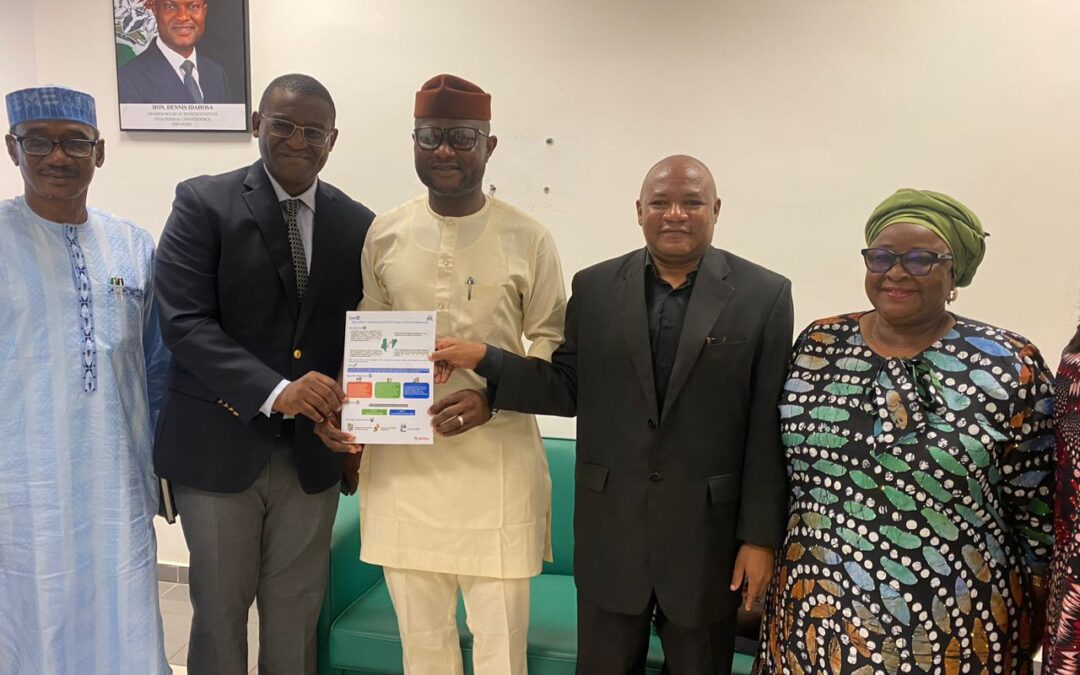By Asmau Ahmad
The Africa Health Budget Network (AHBN) said there is need for the legislators at the Nigeria’s National Assembly to strengthen their oversight functions over the Ministries, Departments and Agencies (MDAs).
Founder and Coordinator of the AHBN, Dr Aminu Magashi Garba made the call during an advocacy visit to the Chairman of the House of Representatives Committee on Healthcare service, Mr Dennis Idahosa.
The AHBN alongside Africa Field Epidemiology Network (AFENET) and other CSO’s paid the advocacy visit to the lawmaker, to discuss health security matters, various government commitments made on the health and well-being of Women Children and Adolescents.
The advocacy sought to strategise on strengthening the nation’s health system and explore collaborative ways forward.
“Every year, Nigerian government allocates huge amount of money called the Basic Health Care Provision Fund (BHCPF) of over N40 billion, but unfortunately, only about 10 percent of the allocated fund gets released for usage, so the problem is not necessarily lack of funds but lack of transparency and accountability.
“The oversight function by the National Assembly would ensure that a good percentage of the money allocated would be released and in good time,” Dr Magashi said.
He added that there is need to explored various approaches and ideas to bolster the effectiveness of the oversight processes.
During the visit, the CSOs explored into the importance of transparency, accountability, and proactive monitoring in ensuring the healthcare system operates at its best.
On his part, the Regional Technical Coordinator of AFENET, Dr Patrick Nguku, talked on the Zero Dose Learning Hub, a project implemented with AHBN in Bauchi, Borno, Kano, and Sokoto state to curb the number of Zero Dose Children in the country, as Nigeria currently has the highest number of Zero Dose Children in the world.
The project therefore seeks to document learnings through the IMMRA Framework to understand the drivers of change.
Stakeholders would also be engaged to ensure no child is left behind through advocacy for strengthened immunization policies, programmes, and financing.
“We aim to ensure that Nigeria’s immunization efforts reach and protect every child, reducing the Zero Dose Children and community significantly,” he said.
Also, Ms Oyeyemi Pitan, Engagement and Partnership Lead of AHBN, buttressed the need for the legislators to monitor the implementation of all government commitments to the health and well-being of all Nigerians, particularly that of women, children, and adolescents.
“Young people are not just the now, they are the future, investment in the continuum of care is vital to national development,” she said.
Responding, Mr Idahosa, thanked the delegate for the robust conversation on the health of every Nigerian.
He promised to consistently open his door for more engagement and technical support in carrying out his duties.

